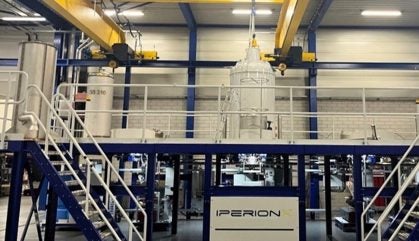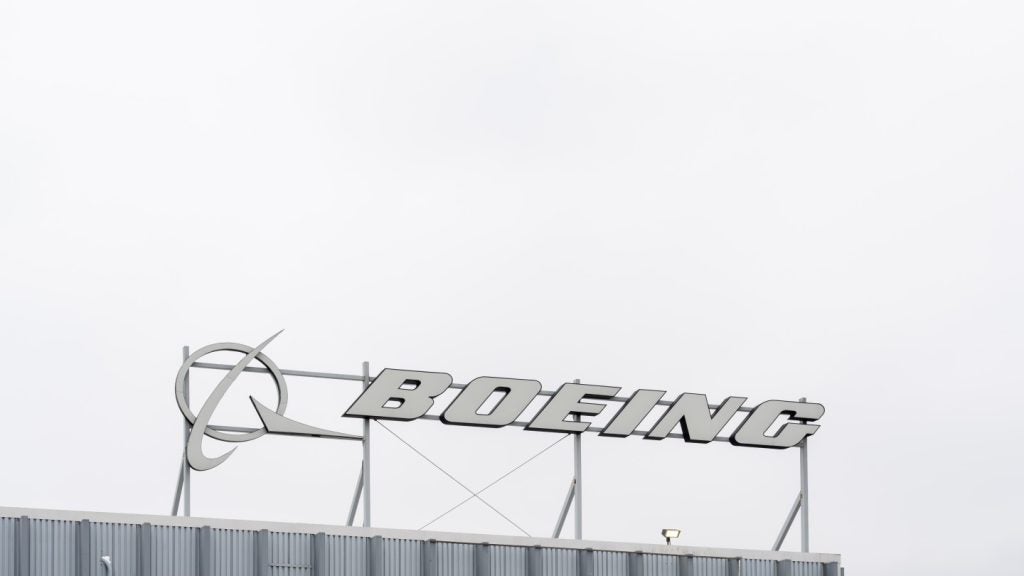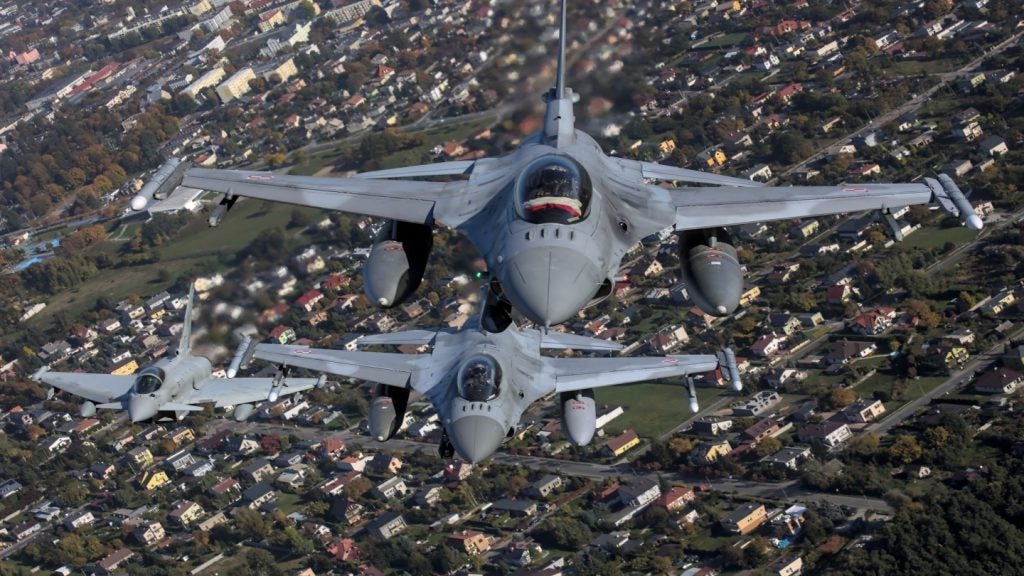
Aspiring to serve as the US Government’s prime for advanced materials, IperionX announced that it will deliver its furnace used to produce low-cost titanium to a production facility in Virginia in the coming months.
At 45% the weight of low carbon steel, titanium is a lightweight but not super strong element. It is typically blended with other metals to make it stronger.
The installation and commissioning of the company’s ‘HAMR titanium furnace’ is expected during the second quarter of 2024, before producing the first titanium metal in mid-year 2024.
Its large-scale, industrial titanium furnace leverages patented company technologies – such as HAMR1 and HSPT2 – to produce sustainable, high-quality and high-strength titanium metal products at commercial scale.
This advanced manufacturing unit will use angular and spherical titanium
powders to manufacture a wide range of low-cost and high-performance titanium products using powder metallurgy, HSPT forging and additive manufacturing/3D printing.
This capacity expansion came about due to investment from the US Department of Defense (DoD), which allocated $12.7m funds to the company in October 2023. So far, IperionX has received $2.4m as part of the DoD’s DPA Title III grant to fund Phase I ramp-up of the Virginia titanium production facility.
How well do you really know your competitors?
Access the most comprehensive Company Profiles on the market, powered by GlobalData. Save hours of research. Gain competitive edge.

Thank you!
Your download email will arrive shortly
Not ready to buy yet? Download a free sample
We are confident about the unique quality of our Company Profiles. However, we want you to make the most beneficial decision for your business, so we offer a free sample that you can download by submitting the below form
By GlobalDataIt is hoped that these funds will enable the supplier to increase its titanium powder production to 125 metric tonnes (t) annually. The supplier aims to produce 10,000t of titanium metal powder per year within five years.
Is titanium making a comeback in the defence industry?
Thomas Whitehead, a Defence Analyst at the leading intelligence consultancy GlobalData, pointed out that titanium is an advanced material that is frequently incorporated into a range of military systems.
From as early as 1966, the US Air Force introduced the fastest air-breathing crewed aircraft to have ever existed: the SR-71 Blackbird. Developed by Lockheed Martin, it was the first aircraft to be composed predominantly of titanium, which enabled its target cruising altitude, range, and speed.
Since then, titanium alloys have provided a unique combination of strength, lightness and thermal resilience that is unmatched by materials such as steel or aluminum.
Although titanium alloys haven’t seen use as extensive as in the SR-71, development has focused on optimising alloy compositions for specific applications.
Titanium has also been increasingly popular in the naval sector, with interest originally being driven by its popularity in commercial ships. This is primarily because salt water has almost no effect on the material.
The property is a considerable advantage when compared to the majority of other metals, as it avoids corrosion, lowering the need for regular maintenance because of the negative effects of saltwater.
The lack of corrosion from sea water has meant that titanium has become increasingly popular in the exterior of many submarines and other naval vessels, with the material being used in the likes of exhaust stack liners, submarine ball valves, fire pumps and heat exchangers, as well as the majority of a submarine’s piping and cooling systems.
Likewise, titanium alloys are high strength and low density, making them an ideal material for ballistic protection.
The Affordable Titanium to Useable Defence Equipment (ATiTUDE) programme is a £3.5m ($4.39m) Defence Science and Technology Laboratory (Dstl) funded project, led by Rheinmetall BAE Systems Land (RBSL).







